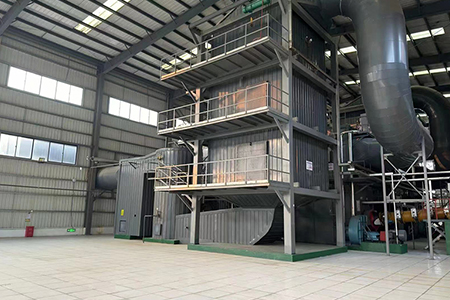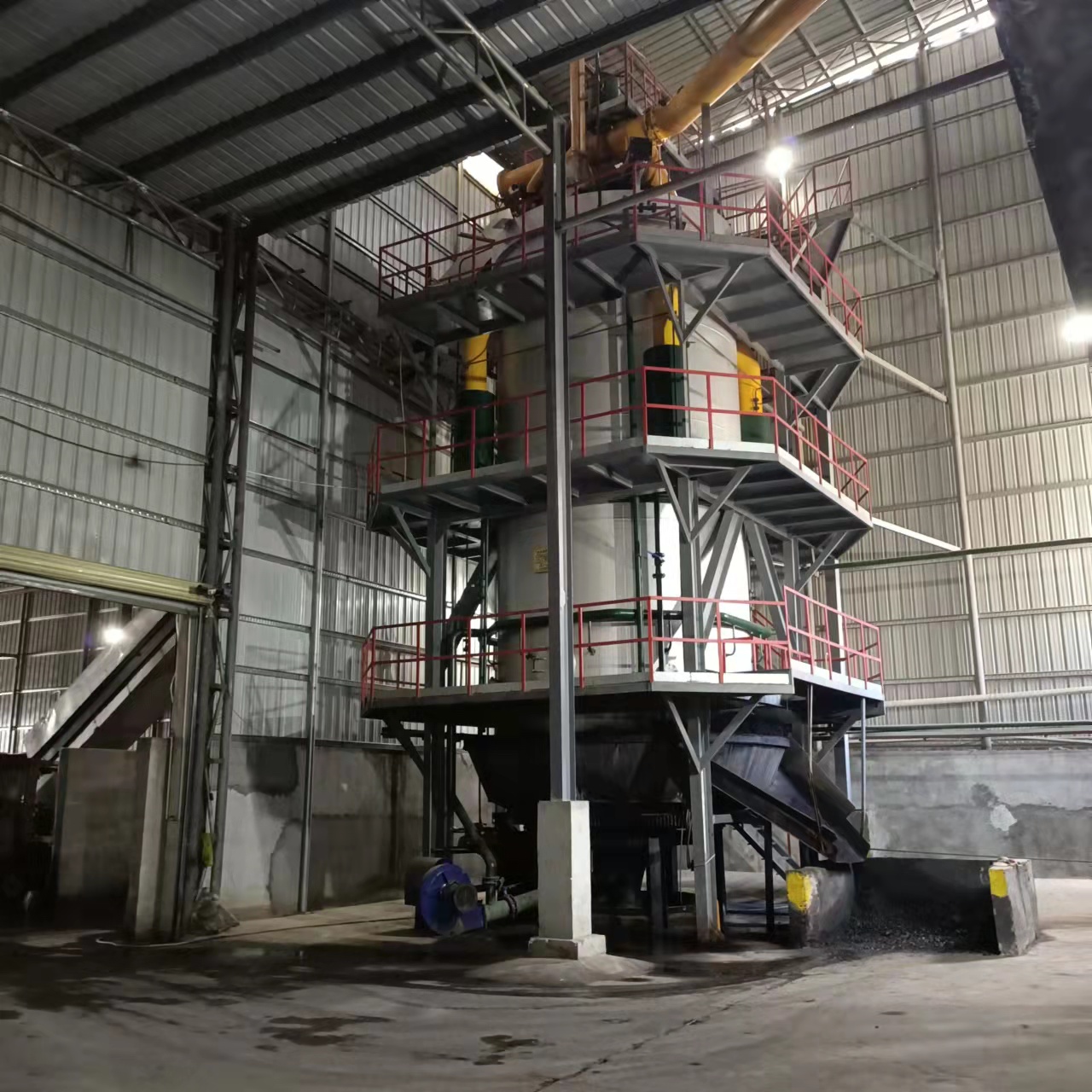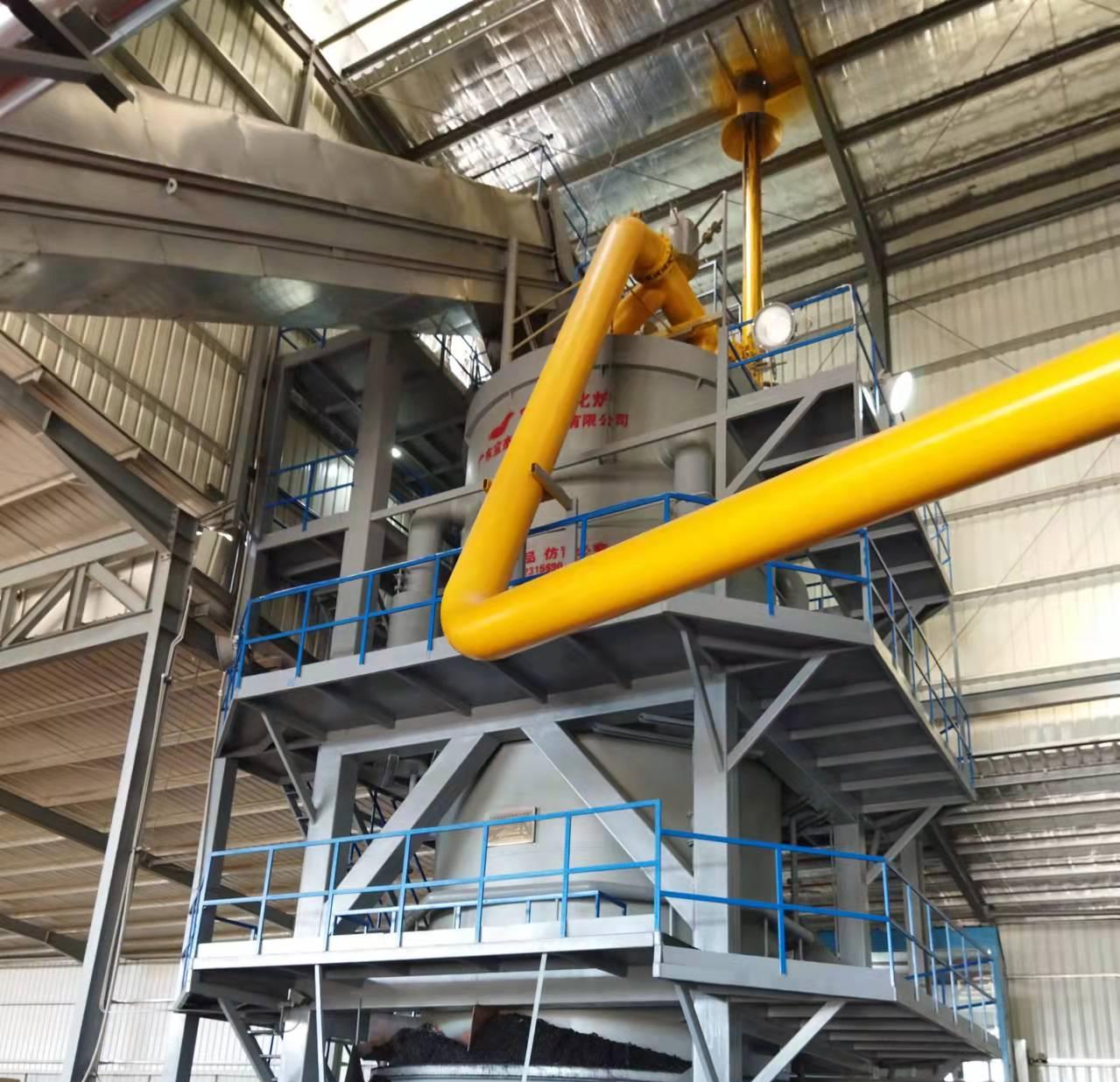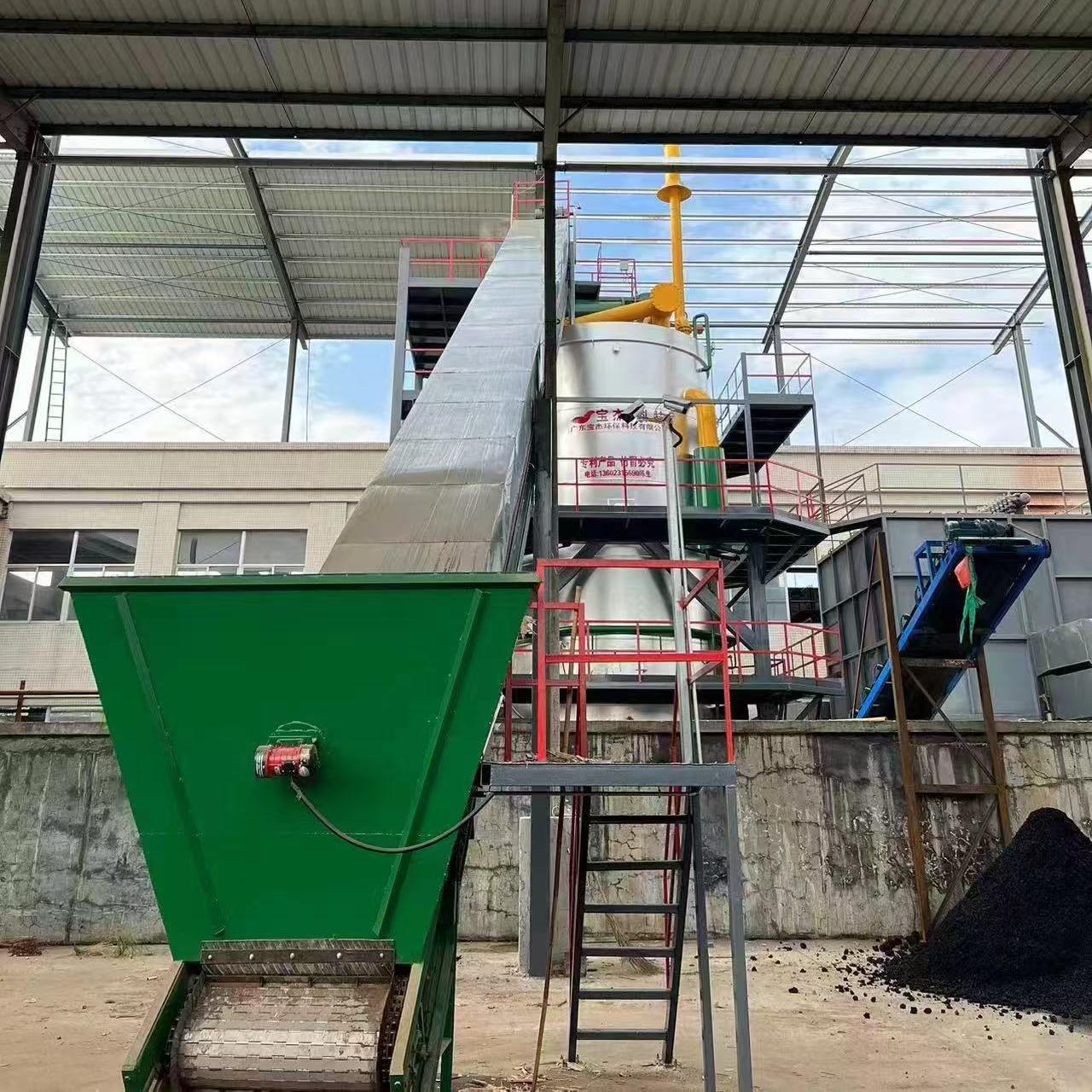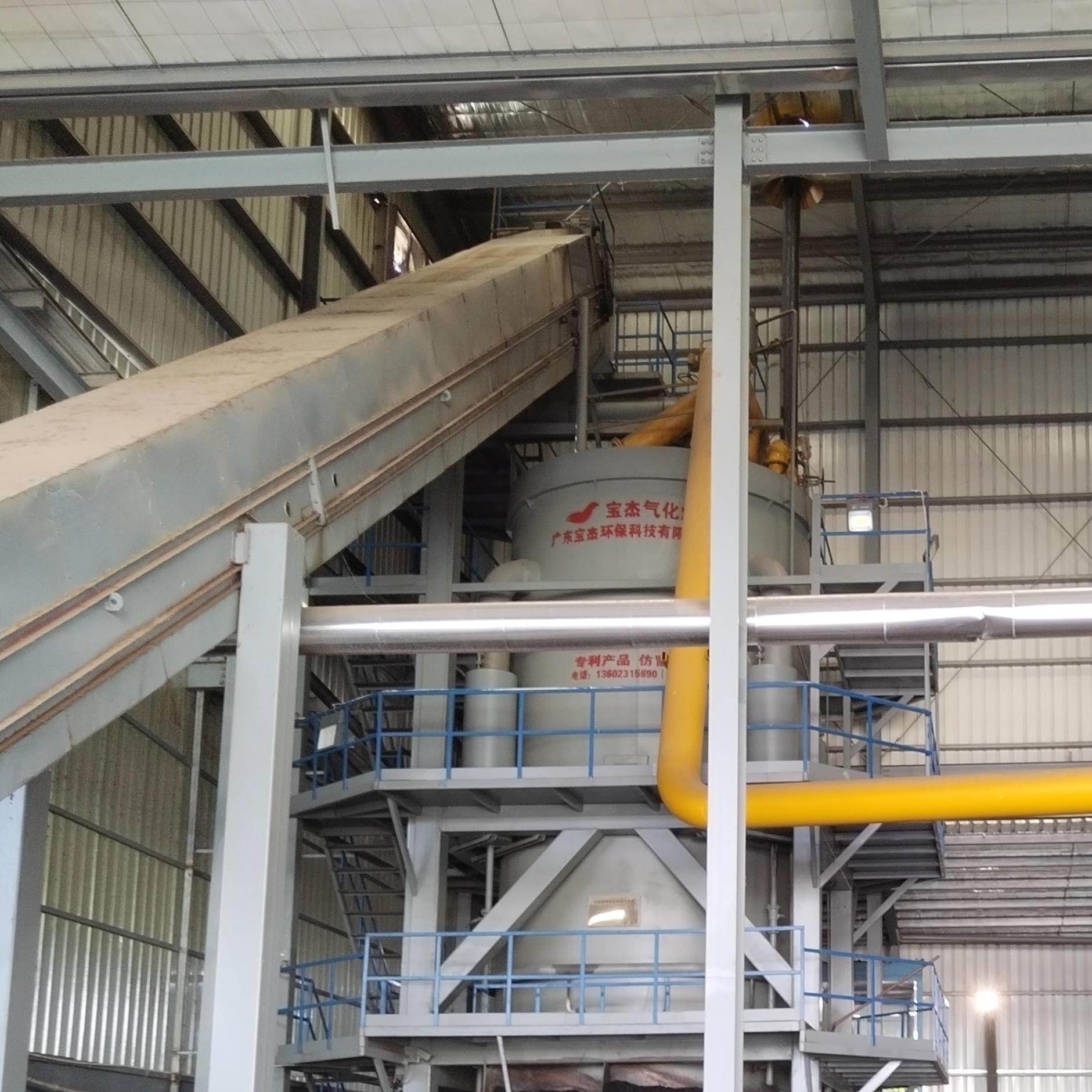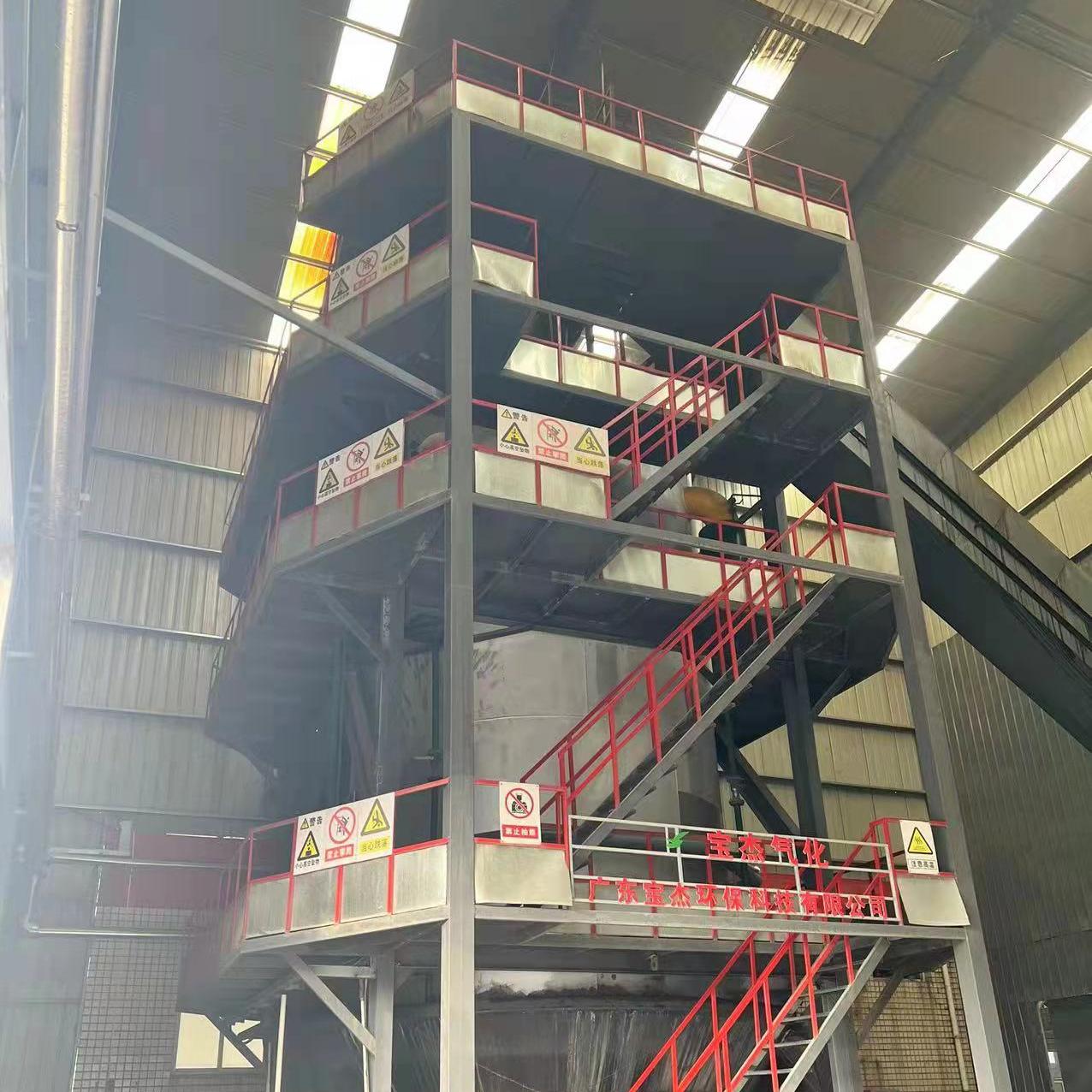R&D and manufacture of biomass gasification equipment, environmental protection equipment, boiler equipment, investment in heating (steam) energy operation and management.
Tel:+86 0769-82928980
E-mail:[email protected]
Web Menu
Product Search
Exit Menu
Industry News
What Factors Should Be Considered When Choosing a 10 Ton Insulated Furnace Gas Boiler?
In industrial and commercial applications, boilers are crucial for providing consistent heat and energy to support manufacturing processes, heating systems, and energy-intensive operations. Among various boiler types, a 10 ton insulated furnace gas boiler is widely favored due to its efficiency, high capacity, and versatility. Choosing the right boiler is a significant investment, and selecting a suboptimal unit can lead to operational inefficiencies, higher fuel consumption, and increased maintenance costs. This article explores the key factors to consider when selecting a 10 ton insulated furnace gas boiler to ensure optimal performance, safety, and cost-effectiveness.
Understanding a 10 Ton Insulated Furnace Gas Boiler
A 10 ton gas boiler is designed to produce approximately 10 tons of steam per hour, making it suitable for large-scale industrial processes and commercial heating. Insulation in the furnace and boiler components improves thermal efficiency, reduces heat loss, and ensures more uniform temperature distribution. Gas-fired boilers use natural gas, LPG, or other gaseous fuels as an energy source, offering clean combustion, easy fuel supply, and better environmental performance compared to coal or oil-fired boilers.
Insulated furnace gas boilers combine the advantages of high thermal efficiency, energy savings, and reliable operation. However, several technical, operational, and environmental considerations must be evaluated to choose the right boiler for your application.

Key Factors to Consider
-
Capacity and Steam Output Requirements
The primary consideration when selecting a boiler is its capacity. A 10 ton boiler is rated to produce approximately 10 tons of steam per hour, but actual requirements may vary depending on operational load, process demand, and seasonal variations. Conducting a detailed assessment of your facility’s peak and average steam demand is essential to avoid under-sizing or over-sizing. Under-sized boilers can fail to meet process requirements, while over-sized units may result in inefficiencies, higher fuel consumption, and unnecessary capital investment. -
Thermal Efficiency and Fuel Consumption
Thermal efficiency measures how effectively a boiler converts fuel into usable heat. Insulated furnace gas boilers generally offer higher efficiency by minimizing heat loss and maintaining consistent combustion. When selecting a boiler, compare the efficiency ratings of different models, taking into account insulation quality, heat exchanger design, and burner technology. High-efficiency boilers reduce fuel consumption, lower operating costs, and decrease environmental impact by emitting fewer pollutants per unit of steam generated. -
Fuel Type and Availability
The type of gas used in a boiler can affect both operational cost and compatibility with existing infrastructure. Natural gas is widely preferred due to its clean combustion, stable supply, and cost-effectiveness. LPG or biogas may be considered in regions where natural gas is unavailable. Ensure that the chosen boiler is compatible with the intended fuel type and that there is a reliable supply to prevent operational disruptions. Fuel quality, pressure requirements, and combustion system adaptability are critical factors. -
Boiler Design and Construction
A robust boiler design ensures durability, safety, and efficient operation. Key design elements include:- Furnace and Heat Exchanger: Efficient heat transfer and uniform temperature distribution are essential for optimal performance.
- Insulation: High-quality insulation reduces heat loss, improves thermal efficiency, and minimizes energy consumption.
- Material Quality: Boilers constructed from corrosion-resistant steel or alloys ensure long-term reliability, especially in high-temperature and high-pressure applications.
-
Safety Features and Compliance
Industrial boilers operate under high pressure and temperature, making safety a paramount concern. Ensure that the selected boiler includes comprehensive safety features such as:- Pressure relief valves to prevent overpressure
- Flame detection and automatic shutoff systems
- Water level monitoring and alarms
- Emergency shutdown mechanisms
Additionally, verify that the boiler meets national and international safety standards and regulations, such as ASME, CE, or local codes, to ensure legal compliance and operator safety.
-
Automation and Control Systems
Modern boilers are equipped with advanced automation and control systems that enhance operational efficiency and ease of monitoring. Features to consider include:- Digital control panels for monitoring temperature, pressure, and fuel consumption
- Programmable logic controllers (PLC) for automatic operation and fault detection
- Remote monitoring capabilities for offsite management
Automated controls reduce human error, improve fuel efficiency, and enable precise management of steam output to match process requirements.
-
Maintenance and Serviceability
Boilers require regular maintenance to ensure reliability and longevity. When selecting a 10 ton insulated furnace gas boiler, consider:- Ease of access to critical components for inspection and repair
- Availability of spare parts
- Manufacturer support and service network
- Scheduled maintenance intervals and cleaning procedures
A boiler with a simpler maintenance process and robust support system reduces downtime and keeps operational costs manageable.
-
Environmental Impact and Emissions
With increasing environmental regulations, it is important to choose a boiler that minimizes emissions of nitrogen oxides (NOx), carbon monoxide (CO), and other pollutants. Gas-fired boilers are generally cleaner than coal or oil-fired units, and advanced burner technology can further reduce emissions. Consider whether the boiler includes features for emission control, compliance with local environmental standards, and potential integration with sustainable energy sources. -
Installation Requirements and Space Considerations
The physical size of a 10 ton boiler, its auxiliary equipment, and the required installation footprint should be evaluated. Adequate space for ventilation, fuel connections, water supply, and exhaust systems is essential for safe and efficient operation. Structural support and floor loading capacity must also be considered, especially in retrofitting existing facilities. -
Cost and Return on Investment
The initial cost of a 10 ton insulated furnace gas boiler includes the purchase price, installation, and commissioning. However, long-term operating costs—fuel consumption, maintenance, and efficiency—should also factor into the decision. A higher-quality boiler with better efficiency and lower emissions may have a higher upfront cost but can deliver significant savings over its operational lifetime. Evaluating the total cost of ownership ensures that the investment aligns with operational and financial goals.
Industry-Specific Considerations
Different industries have specific requirements that influence the selection of a 10 ton insulated furnace gas boiler:
- Food and Beverage: Requires hygienic construction, reliable steam generation for cooking, sterilization, and process heating.
- Textile Industry: Needs consistent temperature and humidity control for dyeing and finishing operations.
- Chemical Manufacturing: Demands precise steam pressure and temperature for reactions and process heating.
- Power Generation: Requires high-capacity boilers with minimal downtime and efficient fuel consumption.
- Pharmaceuticals: Prioritizes clean steam, reliability, and compliance with strict regulatory standards.
Conclusion
Choosing the right 10 ton insulated furnace gas boiler is a critical decision that impacts operational efficiency, production quality, and long-term cost management. By carefully considering factors such as capacity, thermal efficiency, fuel type, design, safety, automation, maintenance, environmental compliance, installation requirements, and total cost of ownership, manufacturers can select a boiler that meets their specific needs while delivering reliable, energy-efficient performance.
A well-chosen boiler not only ensures uninterrupted production but also enhances energy savings, reduces emissions, and supports compliance with environmental and safety standards. Conducting a thorough needs assessment, consulting with experienced suppliers, and evaluating technical specifications will enable industrial operators to make an informed choice. Ultimately, investing in a high-quality, insulated furnace gas boiler positions a facility for sustainable growth, improved operational efficiency, and a competitive advantage in the market.
Quick Links
Products
contact Us
 Tel: +86 0769-82928980
Tel: +86 0769-82928980 Fax: [email protected]
Fax: [email protected] E-mail: [email protected]
E-mail: [email protected] Company Address: Dalang Chamber of Commerce Building, No. 288 Yinlang South Road, Dalang Town, Dongguan City 13333, China
Company Address: Dalang Chamber of Commerce Building, No. 288 Yinlang South Road, Dalang Town, Dongguan City 13333, China Factory Add:
West side of Centre Road and south side of Zhongyuan Road within Hongcaoyuan, Hongcao Town, Shanwei Urban District
Factory Add:
West side of Centre Road and south side of Zhongyuan Road within Hongcaoyuan, Hongcao Town, Shanwei Urban District
Copyright© 2022 Guangdong Bao Jie Technology Co., Ltd.All Rights Reserved.


 EN
EN 